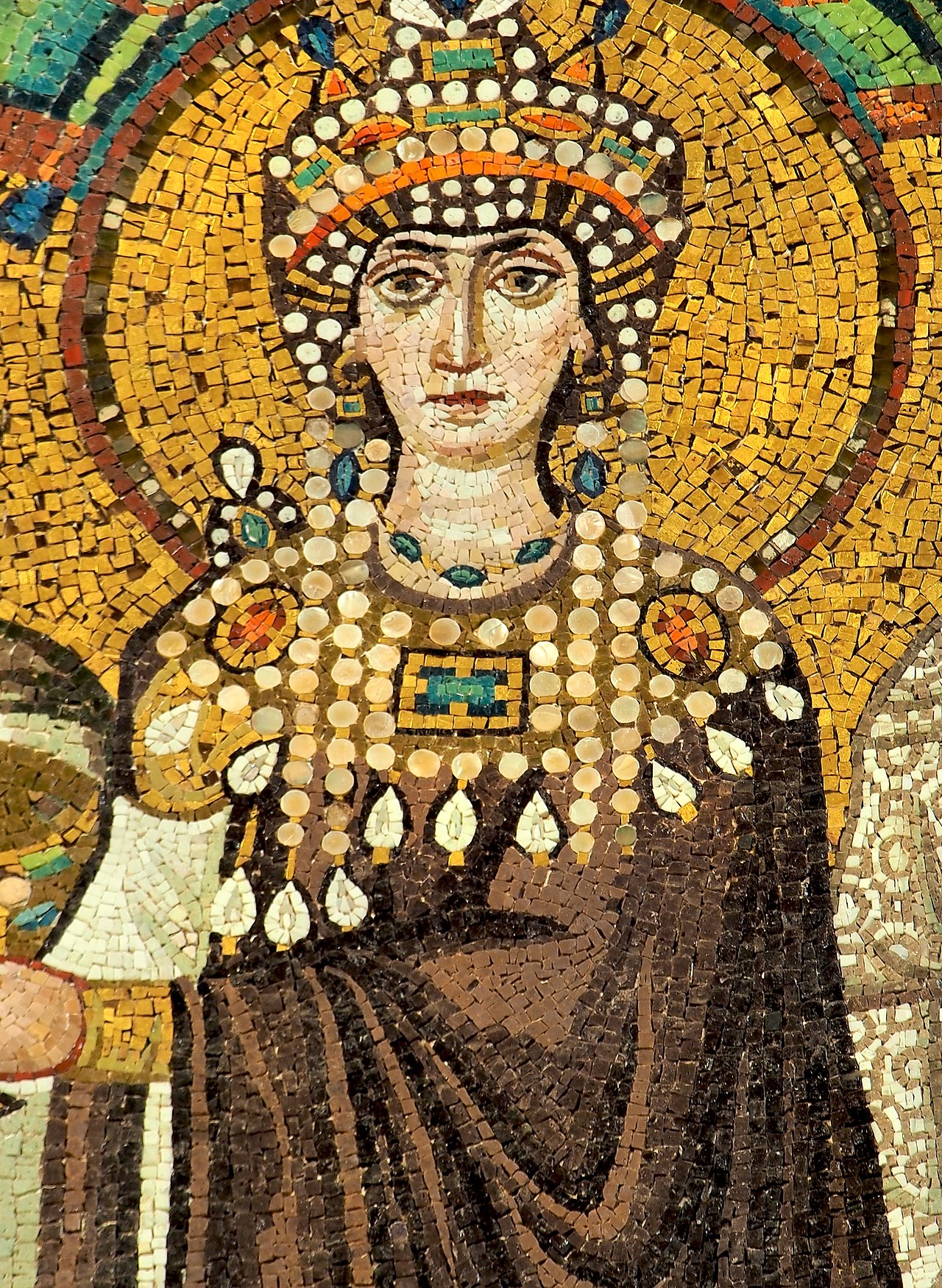I’ve noticed over time less and less work is focused on the average person learning about a subject and instead its written to impress academic peers and this doesn’t just apply to history. There are always going to be times where a subject is just too difficult to grasp for a layman ofc, but most of the time the problem is overly academic language that doesn’t add to the subject at all.
Well, that seems blatantly inaccurate. There’s an absolute tidal wave of popular history content available for layperson consumption. Forget the books that are published which are aimed at general audiences (of which there are dozens, if not hundreds, every single year), you’ve also got YouTube videos, hobby blog posts, more podcasts than stars in the sky, and so on. These are of varying quality, but so is the academic stuff. Plenty of really great, insightful research is published. And plenty of useless dreck emblematic of academia’s tendency towards chasing one’s own tail is published too. With that being said though, if you’re reading a journal article, i.e. published by academics for academics, you shouldn’t be surprised if the language leans on jargon, even if it isn’t “good writing” necessarily.
I know this is a meme but historians like Livy never used to let facts get in the way of a compelling historical narrative. obviously these sources provide a lot of useful information but taking them at their word is the equivalent of historians in the year 4000 trying to recreate 21st century life out of nothing but Joe Rogan podcasts
or Trump and Musk tweets
I’d like to think our standard of proof has increased, but that really doesn’t seem to be the case if you pay attention to the news
Academic historical analysis is so wildly different from 24/7 news headlines.
What concerns me really is that a lot of our relatively recent history comes from journalists. As in these journalists, actual journalist mind you, go out do reporting do interviews and write there articles and then later they compile it all into first had accounts that are the bases of our history for a lot of things. Think John Reed.
Yet I wonder if they exist anymore. I know some of them still do. But much much reduced. So how’s history going to be recorded really? If you have no first hand accounts what gets written down? Is it just the government propaganda?
Journalism is not history, and vice versa. They are different disciplines, with different goals and methodologies. Don’t confuse the work journalists do with the work of historians, and vice versa. John Reed’s account of the Russian Revolution is an invaluable source for historians, of course, but it is only one such source, and any history which overly relies upon it risks giving a biased account. Not to say that that doesn’t happen, but it’s explicitly antithetical to the notional goal of practicing history. No such compunction affects journalism, where the creation of a biased account is not only tolerated, sometimes it’s encouraged, or the entire purpose of a work (as it was when Reed was giving his account of Ten Days That Shook the World).
Reed even calls out his own bias in the preface of his book. He was a devoted Socialist, and his sympathies were with the reds. That affected his account. Furthermore, while he could comment on the Revolution from his vantage point (embedded with Bolsheviks as he was), he’s not necessarily the most reliable (or informed) narrator of what was happening on the Tsarist side of the conflict, simply by virtue of not having access to that perspective in the moment. That doesn’t change the value of his journalism, but it does impinge it’s value as a comprehensive history.
None of what you said is even remotely new. That’s been the case since the beginning of written history.
Never said it was new. I specifically mentioned John Reed. Though I would question your assertion that investigative journalism has been around since the beginning of written history.
That’s just a semantics argument.
All arguments are semantic arguments if you’re pedantic enough.
Over time, you tend to develop more sources and a diversity of views. That’s why we don’t remember the USS Maine as a villainous attack by the nefarious Spaniard to this day, but recognize it as a result of poor military maintenance and crew training combined with intense yellow journalist agitprop.
this is why you have to go out yourself and see what’s going on in the streets. you have to both talk to people in order to disseminate the truth, and you have to go out and talk to people to find the truth. look for the marginalized people in your community. they have witnessed and experienced things that the powers that be deny ever happening.
I feel like this mindset just abrogates responsibility.
how so? because the idea is that everyone is responsible and has to act on that responsible. to be uninformed, or to allow others to be uninformed is irresponsible and makes you and your community vulnerable to manipulation
Just like how only the better made pottery or stone writings of history have survived to be studied, only the better written histories of that time have survived. So our perspective is skewed that they had no bad historians, but they probably had just as many egotistical opinion driven writings as we do now. They are all just the dust we found in the various hearths.
“…and then he went home and juggled 4 chainsaws while giving his wife 47 consecutive orgasms”
Byzantine historians:
She was the kind of comedienne who delights the audience by letting herself be cuffed and slapped on the cheeks, and makes them guffaw by raising her skirts to reveal to the spectators those feminine secrets here and there which custom veils from the eyes of the opposite sex. With pretended laziness she mocked her lovers, and coquettishly adopting ever new ways of embracing, was able to keep in a constant turmoil the hearts of the sophisticated. And she did not wait to be asked by anyone she met, but on the contrary, with inviting jests and a comic flaunting of her skirts herself tempted all men who passed by, especially those who were adolescent.
On the field of pleasure she was never defeated. Often she would go picnicking with ten young men or more, in the flower of their strength and virility, and dallied with them all, the whole night through. When they wearied of the sport, she would approach their servants, perhaps thirty in number, and fight a duel with each of these; and even thus found no allayment of her craving. Once, visiting the house of an illustrious gentleman, they say she mounted the projecting corner of her dining couch, pulled up the front of her dress, without a blush, and thus carelessly showed her wantonness. And though she flung wide three gates to the ambassadors of Cupid, she lamented that nature had not similarly unlocked the straits of her bosom, that she might there have contrived a further welcome to his emissaries.
Frequently, she conceived, but as she employed every artifice immediately, a miscarriage was straightway effected. Often, even in the theater, in the sight of all the people, she removed her costume and stood nude in their midst, except for a girdle about the groin: not that she was abashed at revealing that, too, to the audience, but because there was a law against appearing altogether naked on the stage, without at least this much of a fig-leaf. Covered thus with a ribbon, she would sink down to the stage floor and recline on her back. Slaves to whom the duty was entrusted would then scatter grains of barley from above into the calyx of this passion flower, whence geese, trained for the purpose, would next pick the grains one by one with their bills and eat. When she rose, it was not with a blush, but she seemed rather to glory in the performance. For she was not only impudent herself, but endeavored to make everybody else as audacious. Often when she was alone with other actors, she would undress in their midst and arch her back provocatively, advertising like a peacock both to those who had experience of her and to those who had not yet had that privilege her trained suppleness.
Yo they had pornhub back then?
Jumping back a few centuries, and a wee bit west: lots of erotic art was preserved at Pompeii. (be warned - first image is man on goat sex.)
There are also these weird coins, which mayyyyybe were used at brothels?
Nice warning. Screen width preview on my app lmfao
who is this diva though

Empress Theodora.
For what it’s worth, Procopius Secret History is pretty problematic as a historic source. A lot of it is probably entirely made up because he didn’t like her. (For some reason, a lot of powerful women in history get this kind of treatment - in Ming China, we have this lurid account of Tang Dynasty Empress Wu Zetian’s rule for example. Or the rumors about Catherine the Great/horses.)
Or Queen Marie Antoinette, about whom was said to perfom “farcial sexual deviance” with her friends in the court. Later she was even accused of incest with her son.




